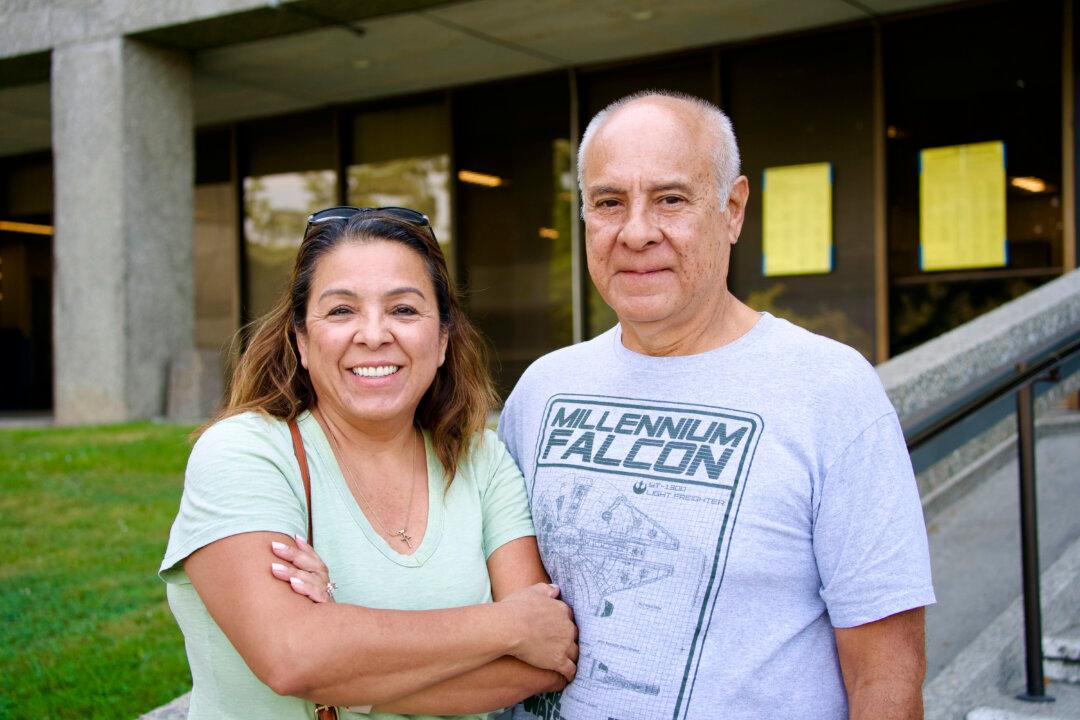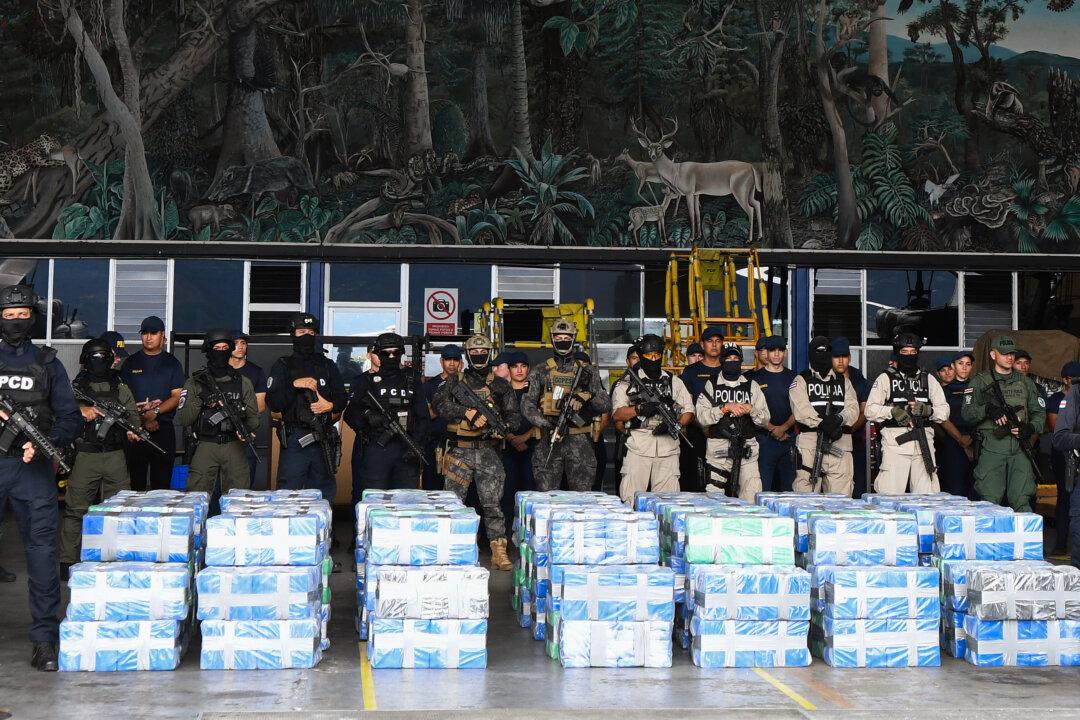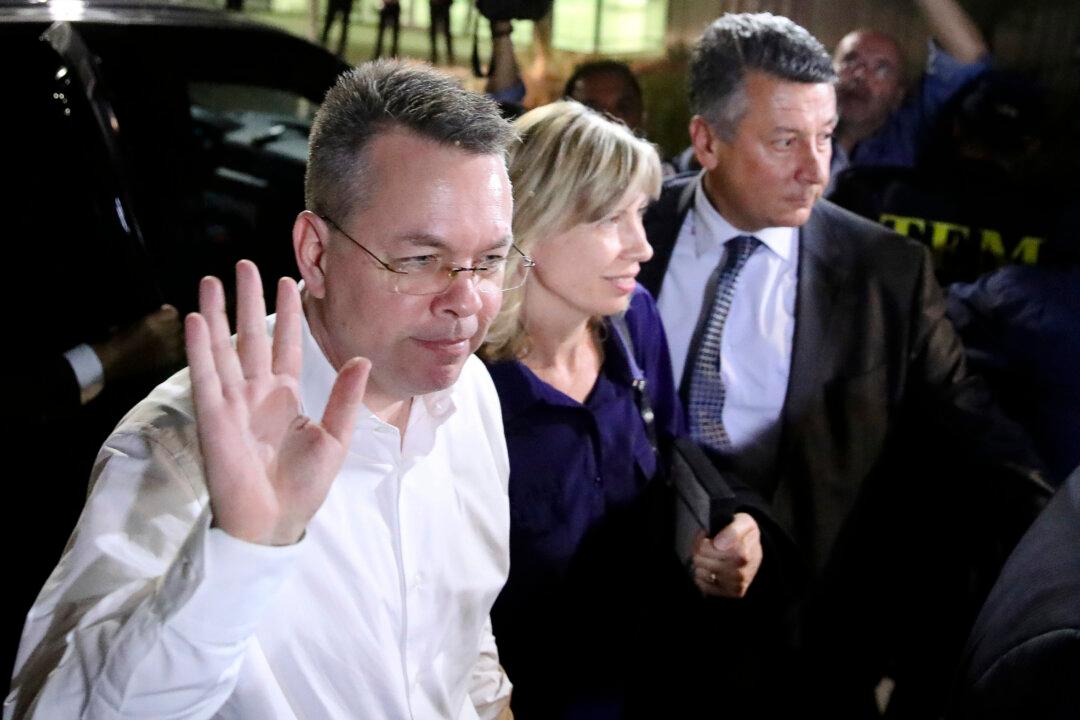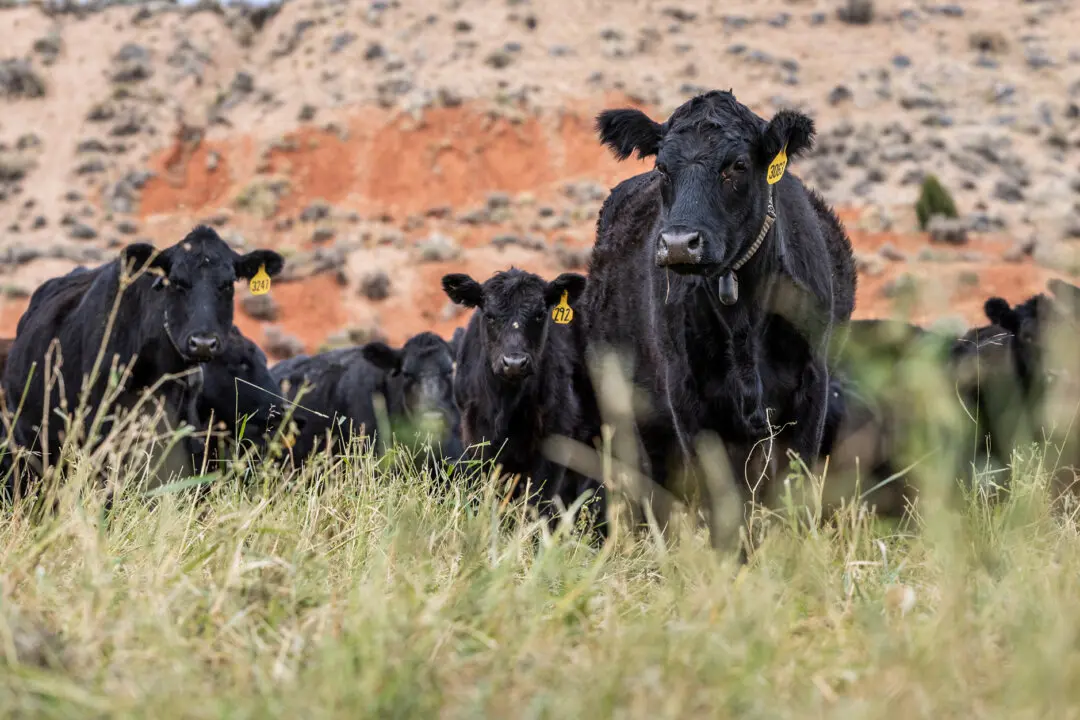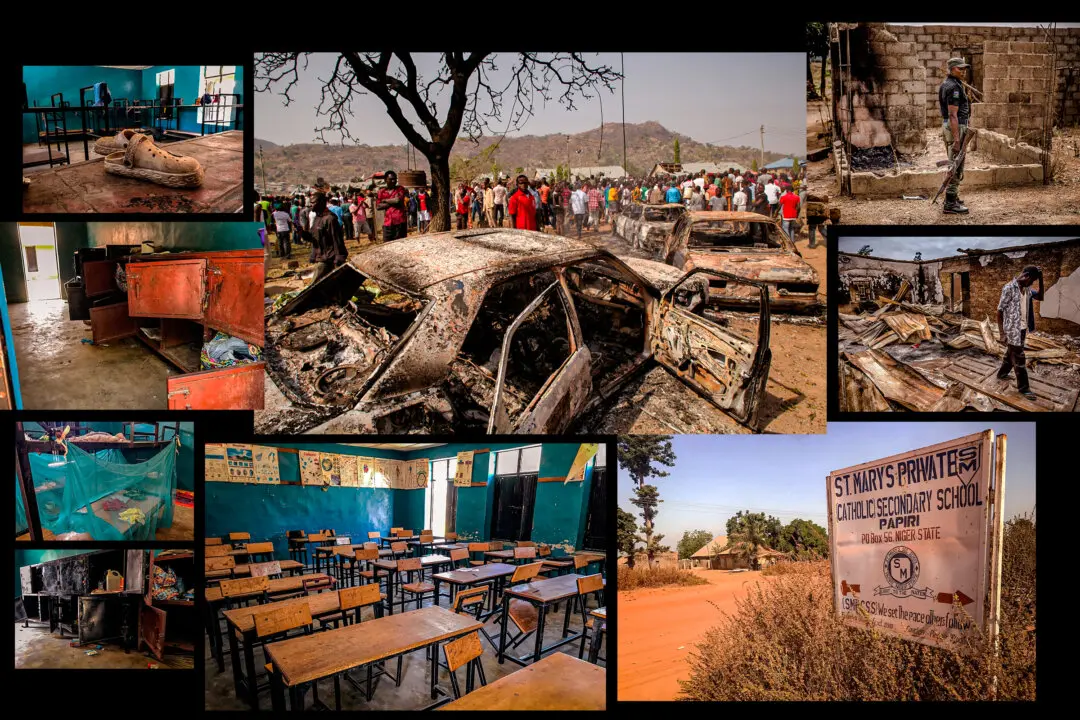NORWALK, Calif.—As early voting opened Oct. 7 in California, residents from across Los Angeles County trickled through the registrar’s headquarters to cast their votes or drop off sealed ballots.
Some came in person because they planned to be out of the country in November, while others, of varying political persuasion, said they made the trek to Norwalk, about 18 miles southeast of downtown Los Angeles, to make sure their vote was counted. The location is open for early voting starting 29 days before every election.
